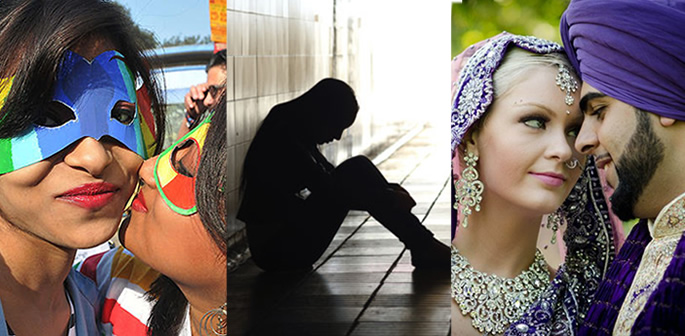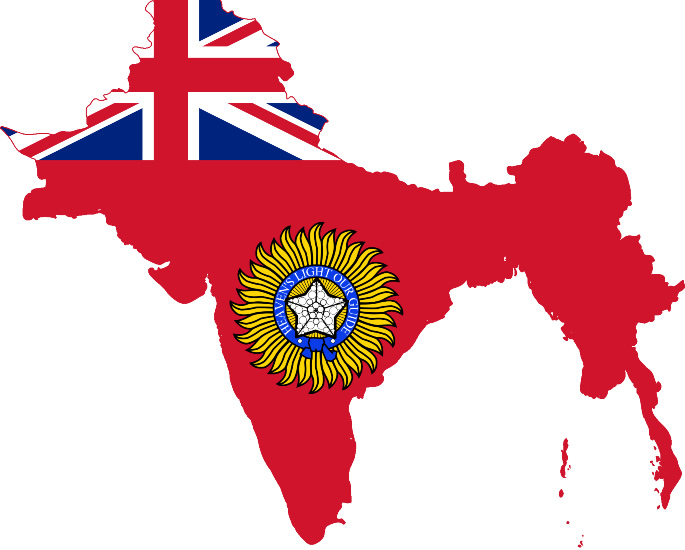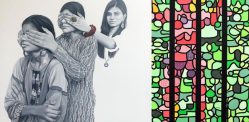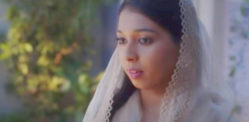"The concept of honour is about honouring the family and the community at the cost of the individual.”
With Western cinema making attempts to knuckle down diversity issues, we have seen stories told on the big screen by minorities.
Films including Moana (2016), Moonlight (2016), Get Out (2017), Coco (2017), Black Panther (2018) and Crazy Rich Asians (2018) received critical and commercial success.
Successful Desi films include Lion (2016) and The Big Sick (2017) which went on to earn Oscar nominations. However, there is always room for more.
Recently, over the controversial Simpsons debate over Apu, audiences are raising the issue of authenticity and accuracy when telling the story about people of colour.
The number of filmmakers and actors of South Asian descent is rising in Hollywood. Though it is time to create more opportunities.
There are many compelling storylines for Hollywood writers to sink their teeth into. DESIblitz picks important Desi topics that the Western cinema need to highlight a lot more.
Identity
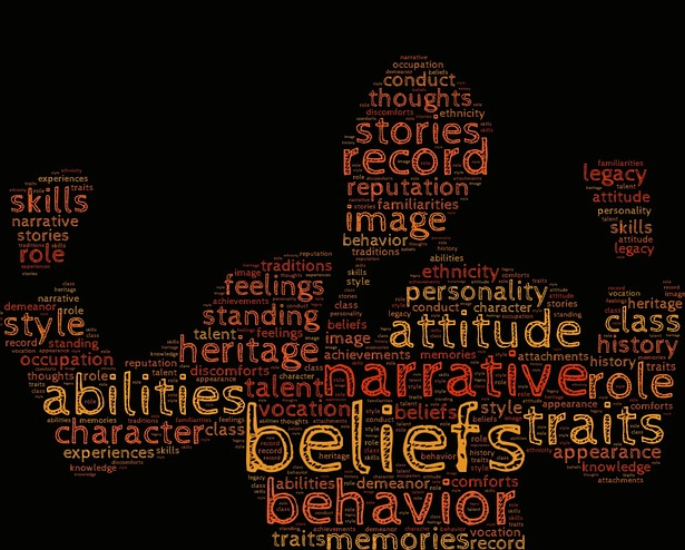
Identity is something that many Desis have struggled with at some point in their life.
Growing up as a minority can be daunting. The frustration of not being able to fit in due to your appearance and cultural background is understandable.
Nilofer Merchant of Quartz says:
“Research from sociology, psychology, and anthropology has consistently shown that when individuals are in the position of being the “only one” in a group with a different norm, they will be pressured to conform to it.”
People can commonly experience this during childhood. But as they get older, many begin to embrace an identity.
However, this should be happening earlier in life as low self-esteem childhood can have lasting effects.
With the film industry being a great medium to influence and educate, a family film with Desis may be a great idea.
This will allow the child to feel included and have role models that are like them in the media to look up to.
The forthcoming film Ms Marvel may help with that as the titular character struggles with her identity being a Muslim Pakistani American.
Mental Health

Bollywood superstar, Deepika Padukone brought depression and mental health to light in 2015 when she revealed she had been suffering herself.
She has since been a flag bearer for mental health awareness in South Asia.
Mental health issues like depression, anxiety and disorders are a tough topic of discussion within the South Asian community. The mentality of “log kya kahenge” (what will others think)? comes into play when having this conversation.
Possible reasons why mental health discussions are swept under the carpet are down to some common myths.
Poor mental health is a sign of weakness. As it is not a physical problem, it just draws unwanted attention. Some cultures even go as far as blaming poor mental health on black magic and the supernatural.
With such pressure on South Asian communities to prioritise their families’ honour over their well-being, something must change.
Destigmatising mental health is the first step to improving and making sure suffers get the help they need. Conversations could definitely be explored through films.
Watch Deepika Padukone talk about her story:

Interracial and Interfaith Relationships
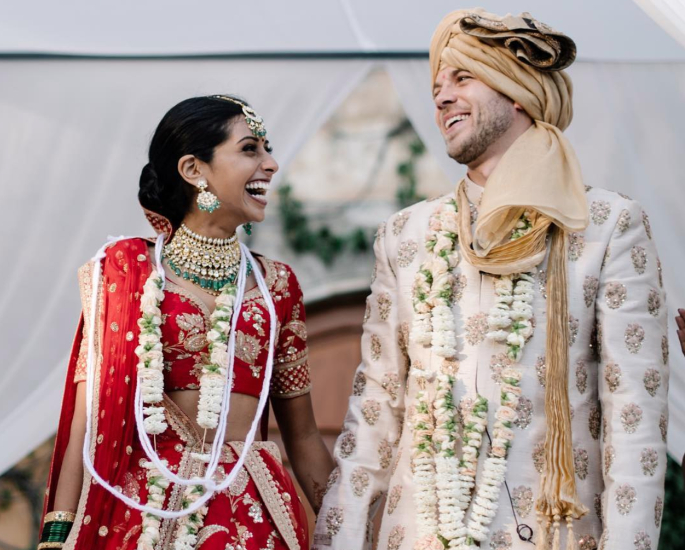
Growing up in a multicultural society, most people get to meet people from all walks of life.
One may even fall in love with someone who is not from the same ethnicity or faith group.
However, this may not always go down well as cultures and families clash. Though not true for some, families can be prejudiced, ultimately putting a large strain on the relationship.
Therefore it is very important to educate the families of interracial couples.
The semi-autobiographical film, The Big Sick (2017), co-written by, Kumail Nanjiani and Emily V. Gordon focuses on their relationship.
While Kumail plays a Pakistani, Emily, played by Zoe Kazan is a Caucasian American.
The film sees Kumail initially keep his relationship with Emily a secret from his parents. However, Kumail finally tells his parents who then proceed to disown him for some time.
This film projects the topic from one angle. South Asia has many cultures and more interracial relationship angles to explore.
Racism

Racism is a no-brainer. As an ethnic minority in a predominantly Caucasian society, discrimination towards South Asians is common.
Especially since 9/11, South Asians, particularly Bangladeshis and Pakistanis are often stereotyped as anti-Western.
As a result, they are targets of hate crime. In contemporary, the rise in far-right politics has led to an increase in racial hate crimes.
In the US, According to SAALT, between November 07, 2016 and November 07, 2017, there were “documented 302 incidents of hate violence and xenophobic political rhetoric aimed at our communities, an over 45% increase from our previous analysis in just one year.”
The targets include people from South Asian communities. In a case of mistaken identity, Bigots inaccurately misread people from Punjab, India and target them through hate crime.
Due to people many forging their opinions based on stereotypical media representations, it is vital that Western cinema provide better and more authentic portrayals.
Watch Buzzfeed’s “Pakistani Man Points Out 6 Homeland Fails”:

Abuse
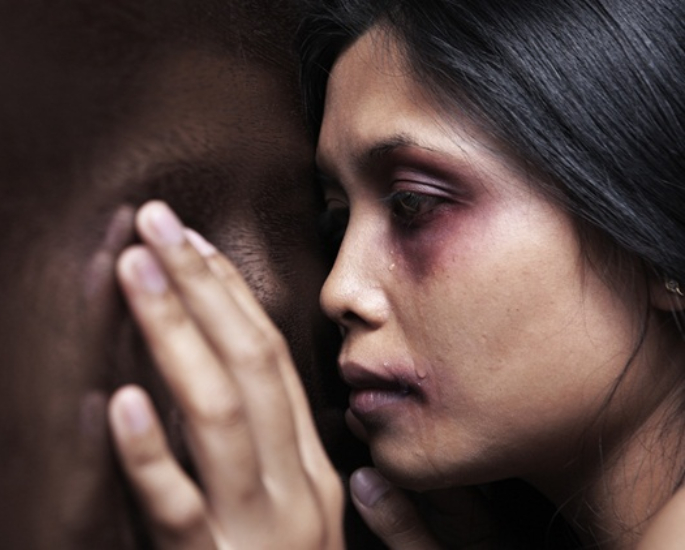
Abuse occurs in many forms behind the closed doors of South Asian families, – be it sexual, domestic or child abuse.
Often, it goes unreported due to fearing the abuser or feeling that it will bring shame upon the family. South Asia is also notorious for cases of “honour killings”, mainly against women.
Researchers discovered that some first-generation South Asians are unaware of what constitutes criminal behaviour.
Dr Karen Harrison of the University of Hull said:
“There was certainly no awareness that there could be rape within a marriage…Rape for women was if their father-in-law or brother-in-law or someone in the extended family was the perpetrator.”
“Nor had the Imams we spoke too ever heard of marital rape; they weren’t aware it was against British law.”
Furthermore, a participant in Harrison’s research talking about honour mentions:
“There is no unconditional love in Asian families. Honour is more important to them than their own child’s happiness. It’s down to the woman to keep her own dignity.”
“The concept of honour is about honouring the family and the community at the cost of the individual.”
In the film, Provoked (2007), Kiranjit Ahluwalia (Aishwarya Rai) incinerates her husband (Naveen Andrews) after enduring years of domestic and sexual abuse.
However, the film’s script and direction and direction were criticised.
The 1999 comedy-drama East is East heavily focuses on George Khan’s (Om Puri) strict and abusive parenting to maintain his image.
The film was successful and featured some hard-hitting scenes of George’ physically abusing his wife, Ella (Linda Bassett) and son, Maneer (Emil Marwa). But fans fondly remember East is East for its many comedic moments.
So it is important to raise awareness about the different kinds of abuse that are somewhat normalised in Desi homes and show consequences with seriousness and accuracy.
Watch Seema Sirohi Discuss Violence Against Women In South Asia on CNN:

LGBTQ+
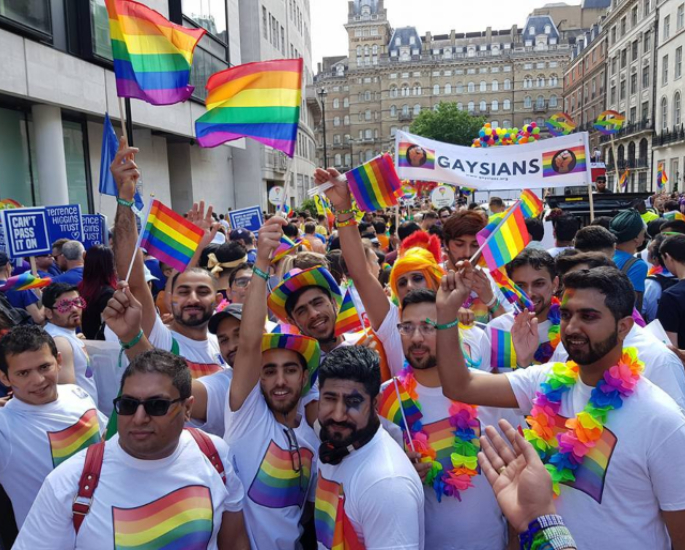
A polarising topic for many Asian households, it is vital that the Desi LGBTQ+ voice is heard in the mainstream media.
It is fair to say Desis are becoming somewhat more tolerant towards LGBTQ+ with Section 377 overturned in India. However, that is only the first step. The next step is normalisation as attitudes are still negative amongst Desi families.
Though Section 377 is still in place in Pakistan and Bangladesh, the countries recognise hijra (transgender and intersex) as a third gender. But the social treatment of the hijra community is still highly discriminatory.
Even in countries where homosexuality is legal, coming out in the open is seen as bringing shame upon the family.
This can sometimes lead to a physical backlash from the Asian community. In extreme cases, ‘honour killings’ have occurred across the subcontinent.
The 1985 film My Beautiful Laundrette sees a British Pakistani man, Omar Ali (Gordon Warnecke), secretly romancing an old friend, Johnny Burfoot (Daniel-Day Lewis). The film went on to gain an Oscar nomination for ‘Best Screenplay.’
Backlash stories have led to many Desis staying in the closet and as a result, feel unable to express themselves.
There have not been many prominent films surrounding Queer Desis in modern times. Queer Asian visibility in Western cinema can definitely contribute to the empowerment that the community needs.
British India
When thinking of movies about British India, the Oscar award-winning film, Gandhi (1982) comes to mind. However, since then, there have not been many successful films about the British Raj.
There are many moments that should be presented on the big screen like the East India Company, the Rebellion of 1857, India’s contribution to World War I and II, and the Partition itself.
In 2017, Shashi Tharoor brought up the question as to why colonial history is not taught in schools. In an interview with Jon Snow from Channel 4, Tharoor commented:
“There’s no real awareness of the atrocities. The fact that Britain financed its Industrial Revolution and its prosperity from the depredations of the empire.”
“Britain came to one of the richest countries in the world (India) in the early 18th century and reduced it, after 200 years of plunder, to one of the poorest.”
Informative, yet compelling films would be hugely beneficial at educating the history of the British Empire in India.
This is important as the sacrifices by Indians for Britain and independence, often go unnoticed.
Watch DESIblitz’s Documentary Film, ‘The Reality of Partition’:

If the visual arts have the power to ingrain negative stereotypes into the thoughts of audiences, they have the power to educate also.
Similarly, with films giving an accurate insight into the lives of minorities, this can help reduce bigotry. Exploring the many cultures of the world can also provide for fresh and excellent entertainment.
Likewise having role models in the spotlight can be beneficial for the self-esteem of youths and adults. It allows for those who feel like they “don’t fit in” to feel represented and included.
From an economic standpoint, diversity can encourage more people of colour to pursue a career in the arts. With a new wave of filmmakers emerging hopefully Western cinema will cover more Desi topics.




















































